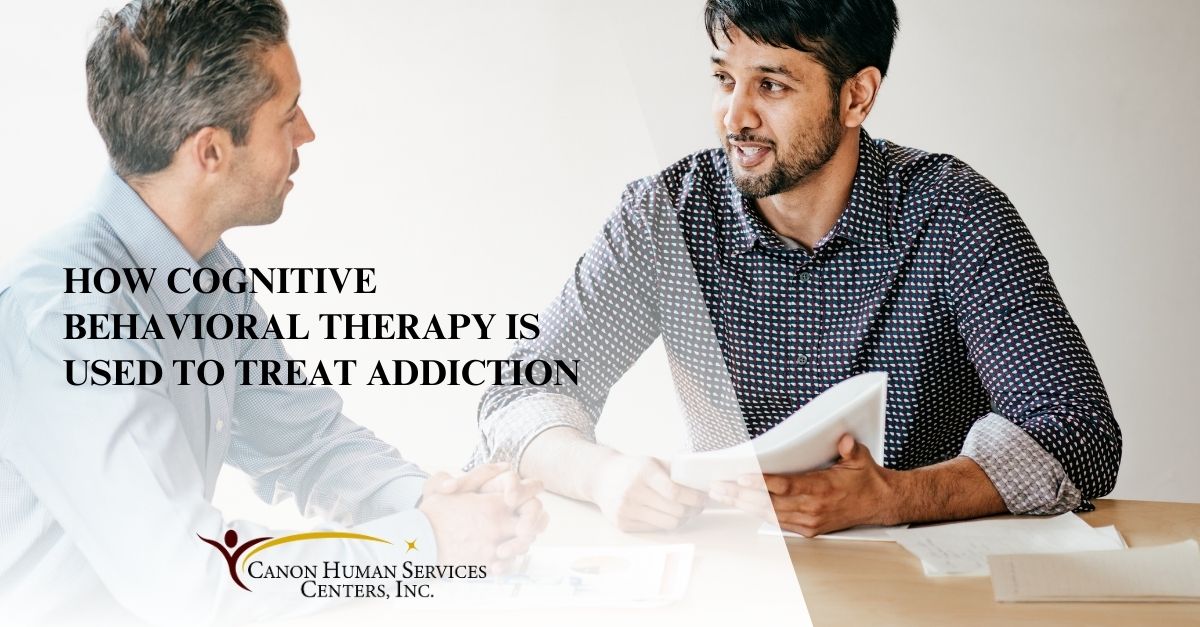There are a variety of ways to treat addictions, but cognitive behavioral therapy is becoming an increasingly effective choice that many therapists choose for their clients. Why? The idea is that addiction is often accompanied by disordered thought patterns, similar to depression or anxiety, so treatment that works for the latter conditions, can also work for addiction. Learning to turn those negative thoughts around can help you live an addiction free life. Here’s what you need to know.
What is Cognitive Behavioral Therapy?
Cognitive behavioral therapy, or CBT, is a method of treatment that involves changing your thoughts, which in turn, changes your behavior. The premise is that you spend time learning to understand your beliefs, which improves your wellbeing by helping you understand yourself better. During your CBT treatment, you will identify negative thought patterns and beliefs that contribute to your addiction. Then, you’ll work on replacing the negative with positive, allowing you to learn new and effective coping mechanisms, empowering you to recover from your addiction. This is an ongoing method of treatment that you will need to work on outside therapy, learning to utilize it in your normal daily life, creating new thought patterns and habits that benefit your recovery.
Benefits of Cognitive Behavioral Therapy
The clear benefit of CBT is learning to cope and recover from your addiction, but there are plenty of other advantages along the way. Not only can it be used in individual therapy settings, but it’s also effective in group therapy, which is a treatment method that many addicts find success with. Sometimes it’s used on its own, while in other instances, it’s combined with other treatment methods. Here are some other benefits of CBT:
- The past is examined as a way to change thoughts and behaviors for future success
- CBT assigns homework, so you can use your new skills outside of therapy, incorporating them into your everyday life
- Proven to increase the ability to cope, as well as enhancing the ability to make healthy choices going forward
- Boosts self-awareness and self esteem, aiding in your recovery efforts
Treatment Options
As mentioned above, CBT can be used in both individual and group settings, but it can also be combined with other recovery efforts. Your treatment plan will be customized for your specific needs and may include some or all of the following:
- Residential treatment
- Outpatient treatment
- Treatment for co-occurring disorders
- Court liaison help
- Mental health referrals, if needed
- After care (continued treatment during recovery)

The combination of treatment methods you utilize will be personalized, based on your physical and mental health needs, your life situation and your past addiction treatments (what worked and what didn’t). Customized treatment is important because it’s more likely to lead to success.
Cognitive behavioral therapy can be quite effective for many people working to recover from addiction. Here at Canon Human Services Centers, Inc., we are here to help you determine if CBT is right for you. If you’re ready to work on your addiction recovery, contact us today and we’ll help you on your journey

